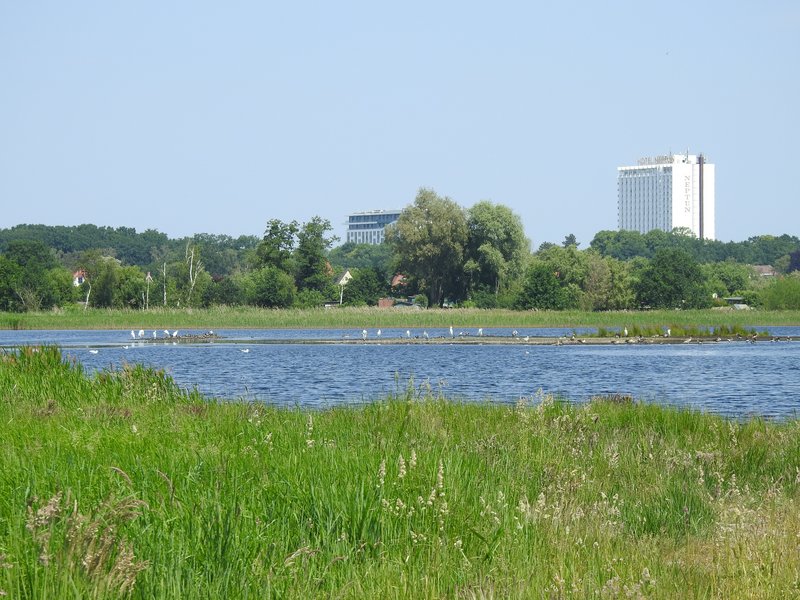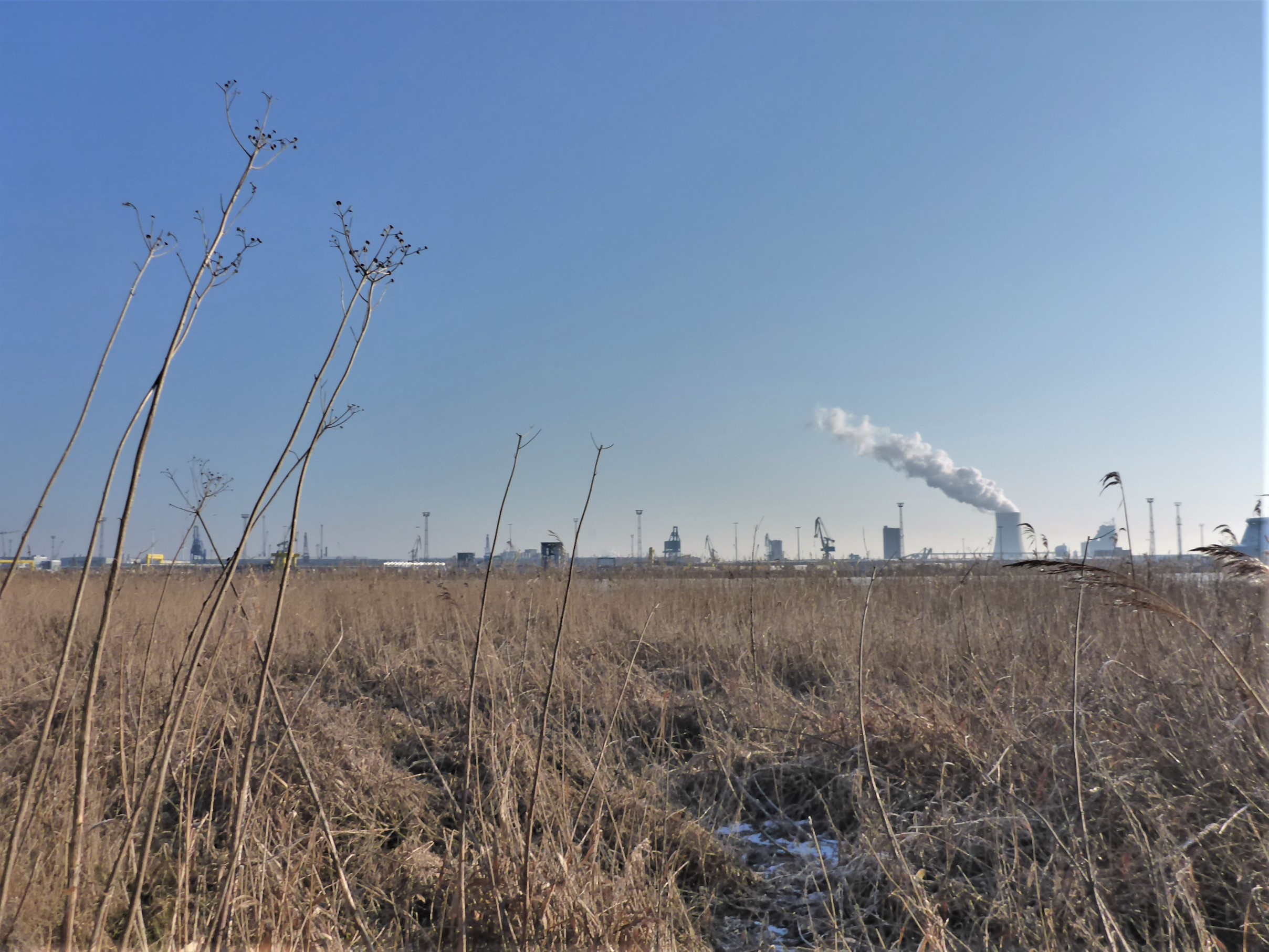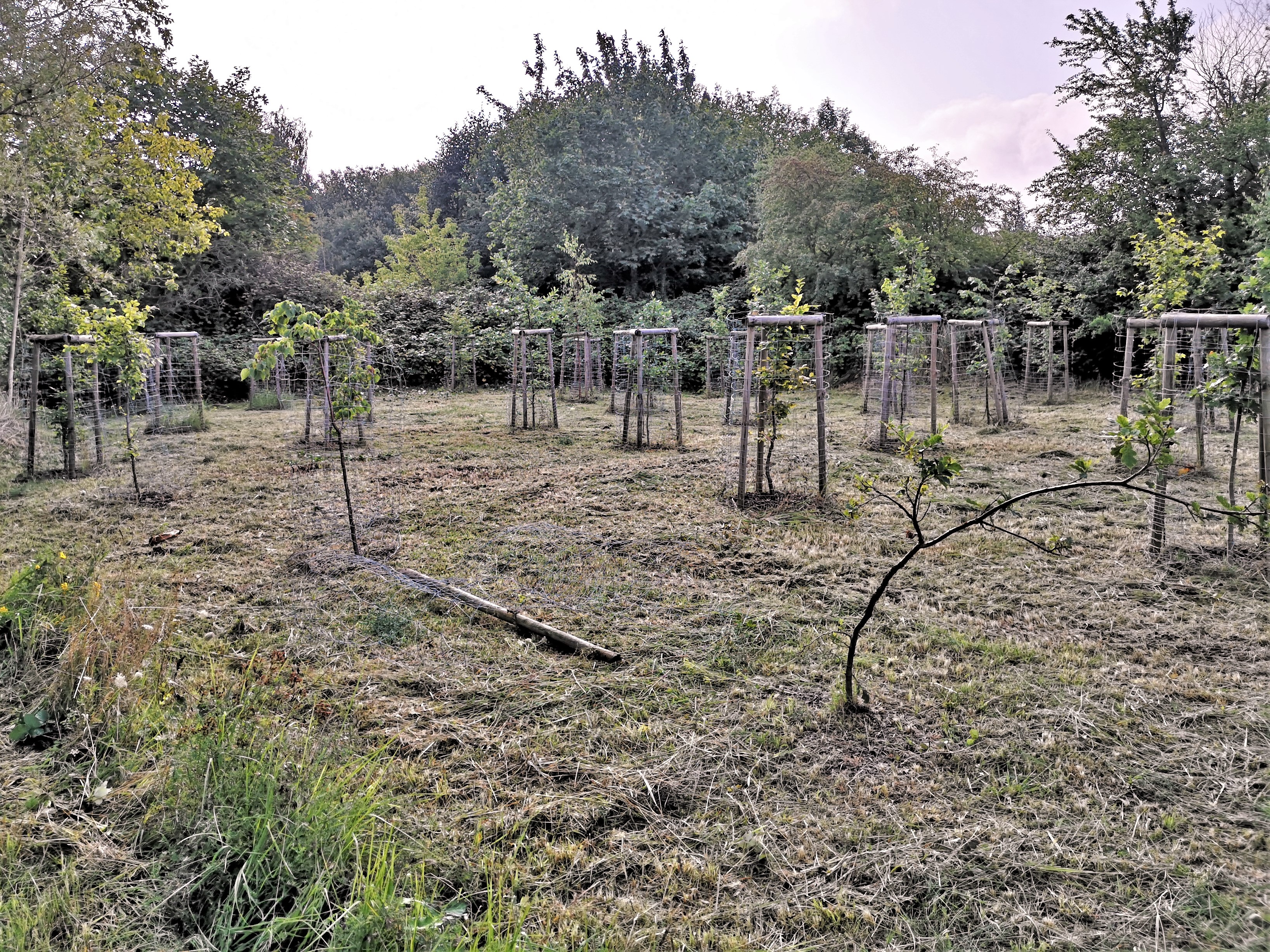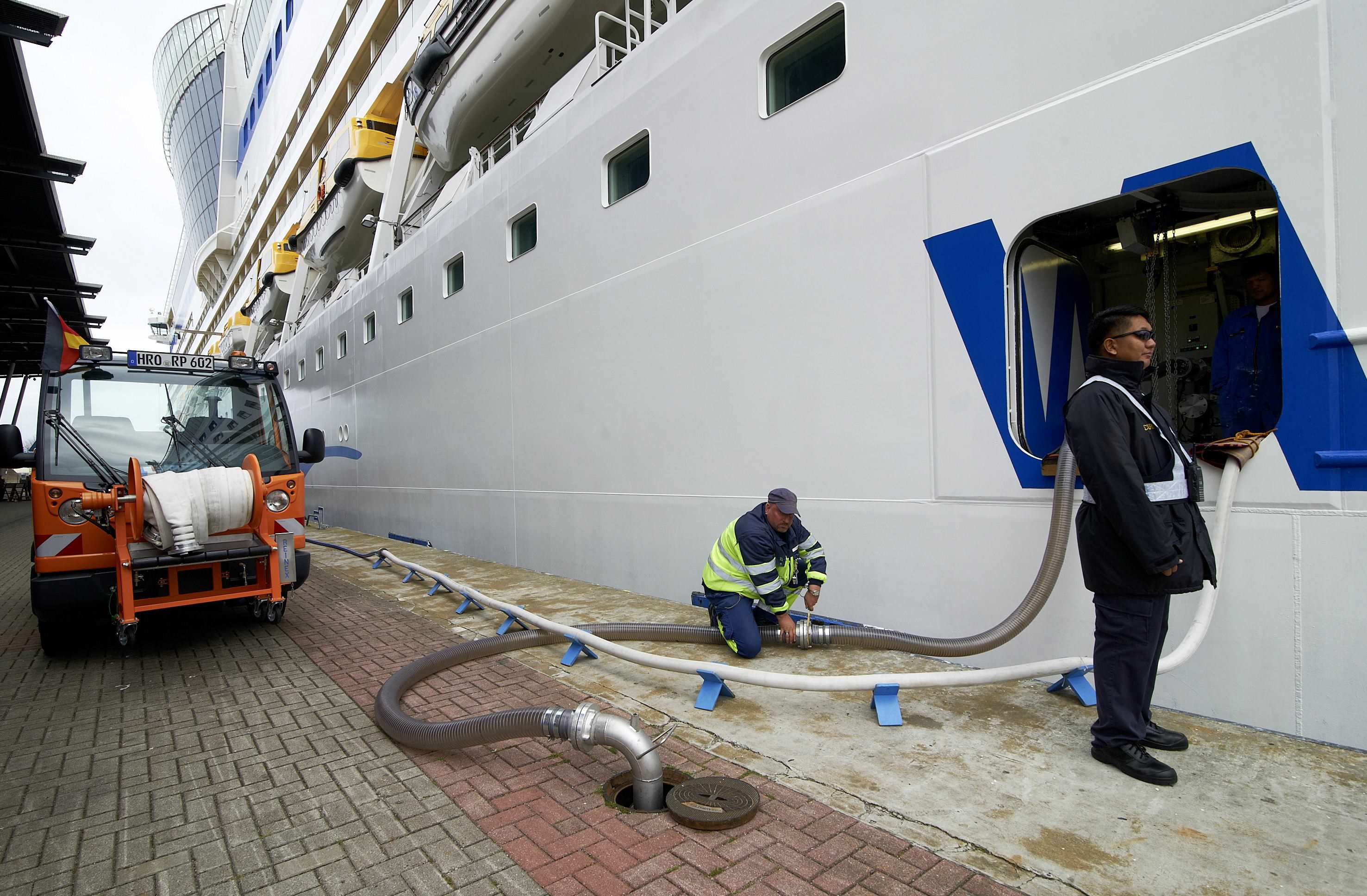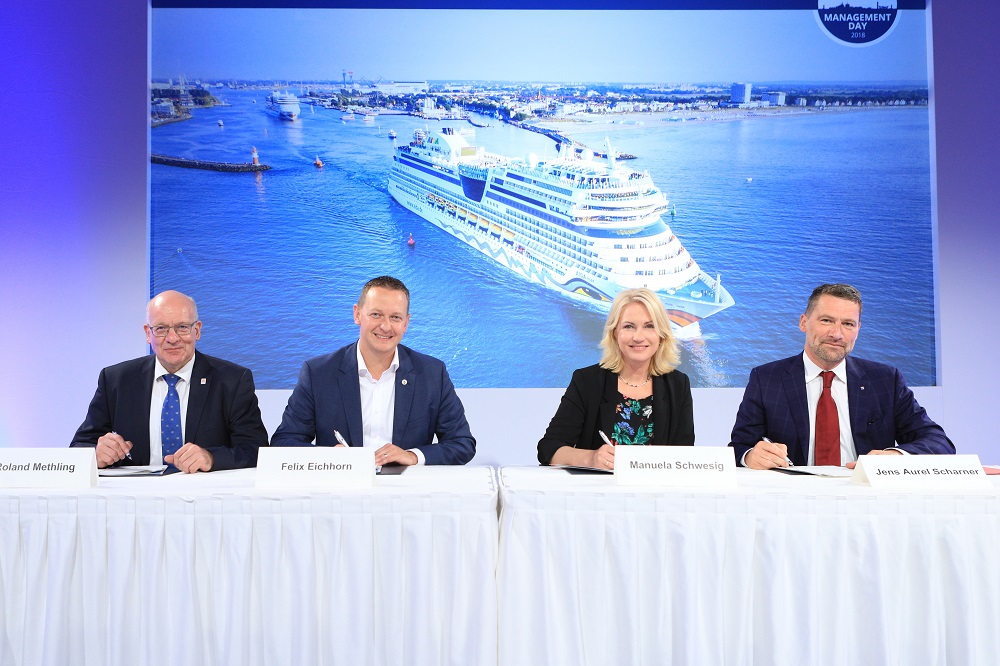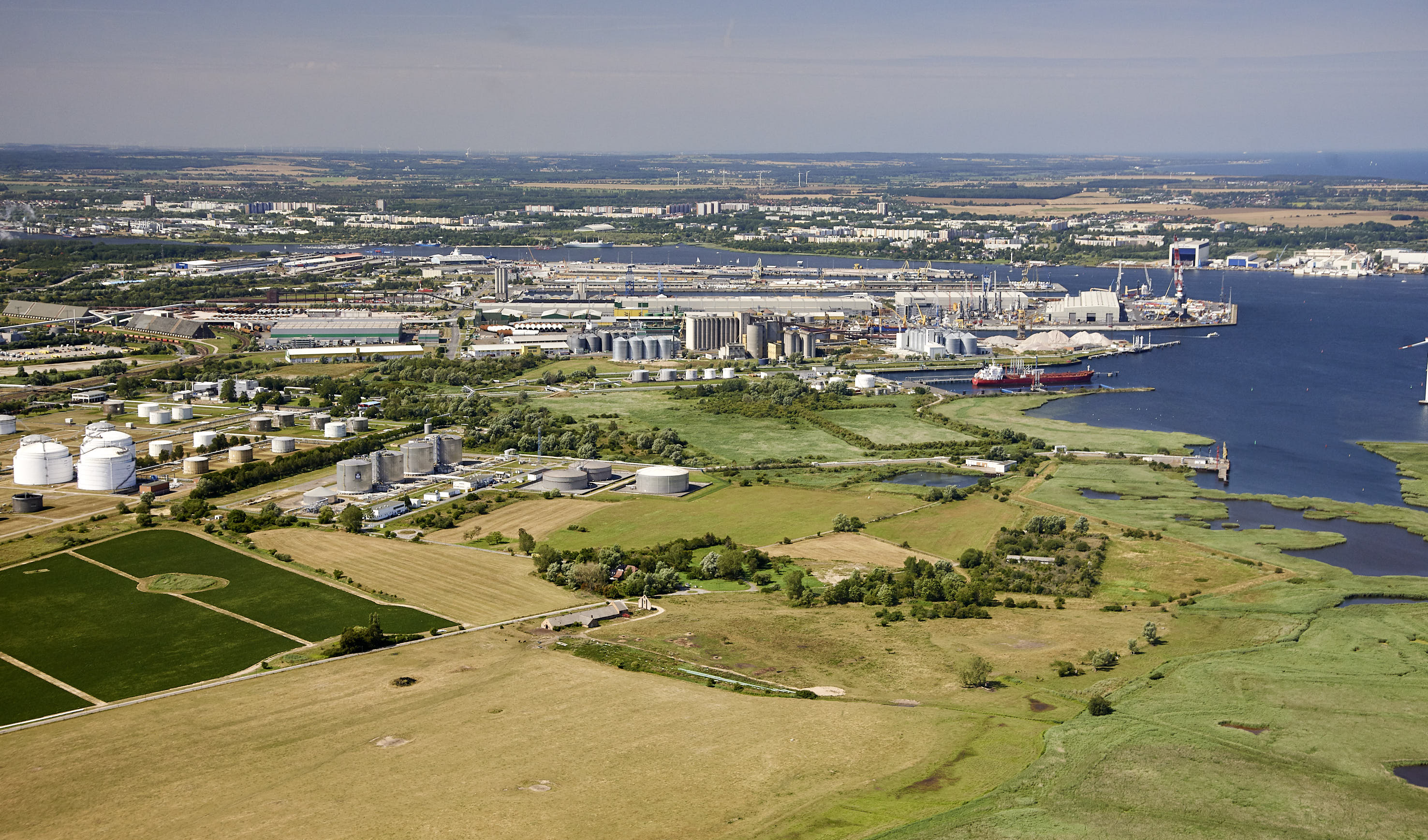
Sustainability Nature and Environmental Protection
The operation of the seaport is linked with emissions. ROSTOCK PORT works with the companies located at the seaport to minimize the emissions. A pro-active environmental policy is to make the operation of the seaport compatible with local residents and ecosystems.
Compensatory Measures for Infrastrukture Projects
With the entry into force of the new Mecklenburg-Vorpommern Nature Conservation Act in 2010, the new Federal Nature Conservation Law also paved the way for Mecklenburg-Vorpommern to set up so-called eco-accounts for legally required compensatory measures when interfering with nature and landscape. The legislator thus reacted to the increasing problem that in the event of unavoidable impairments of nature and the landscape, for example by creating commercial space or by extracting mineral resources, adequate compensation measures could not be declared and implemented promptly after the interventions.
See here for two of our most important compensatory measures and a photo gallery of measures already implemented:
Cruise Tourism
Cruise tourism is an indispensable part of the tourism industry in Mecklenburg-Vorpommern. The forward-looking and sustainable expansion of the port infrastructure is essential so that Mecklenburg-Vorpommern can continue to successfully look after the well-being of its guests as an attractive holiday destination.
In order to strengthen sustainability in this segment but also to increase the acceptance of the citizens, ROSTOCK PORT GmbH as operator of the cruise terminal, together with the Hanseatic and University City of Rostock and the federal state of Mecklenburg-Vorpommern, put various projects in place around.
Further Measures
LNG (Liquefied Natural Gas)
Increasing requirements with regard to air quality control in shipping and land transport have also set in motion plans for investing in the construction of a handling terminal for liquefied natural gas (LNG). On a 2.5 hectare area on pier IV, a LNG terminal is to be built by the beginning of 2023. The terminal is to have a gas tank capacity of 35,000 m³, handling equipment and four truck filling stations. The targeted annual handling volume is 250,000 tons.
ROSTOCK PORT is convinced that the acceptance of the Rostock inhabitants can be further increased, among other things, by using alternative low-emission fuels for shipping.
Installation of an Air Monitoring Network
The port also supports measures taken by companies to reduce emissions and plans to set up an air monitoring network in Warnemünde and in the overseas port.
